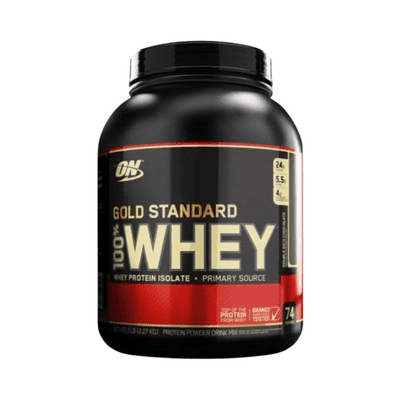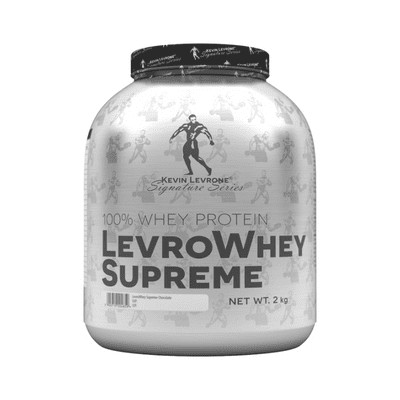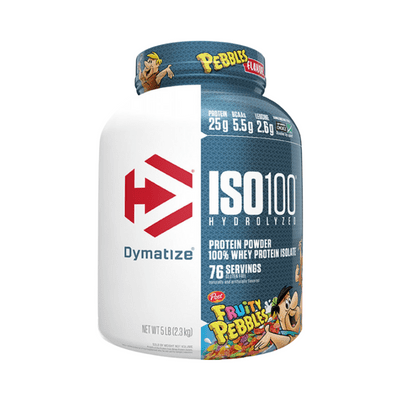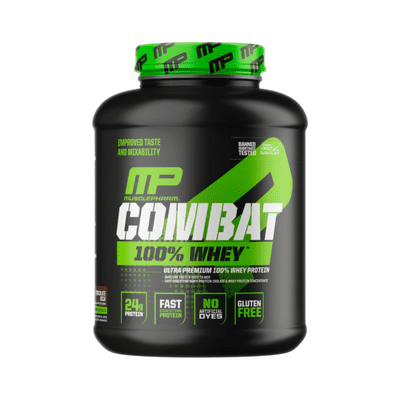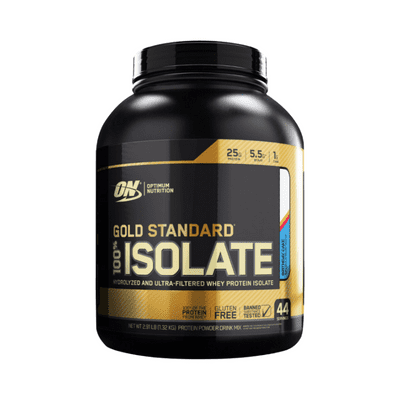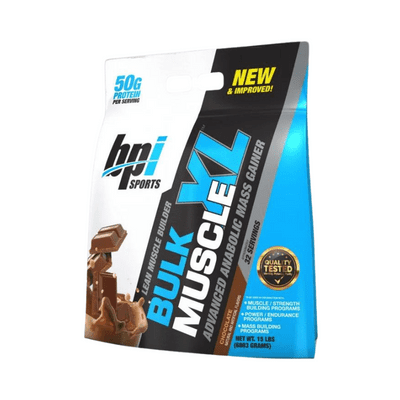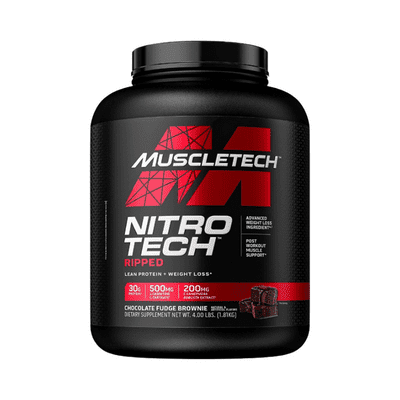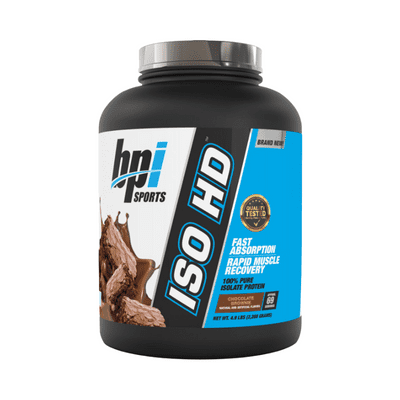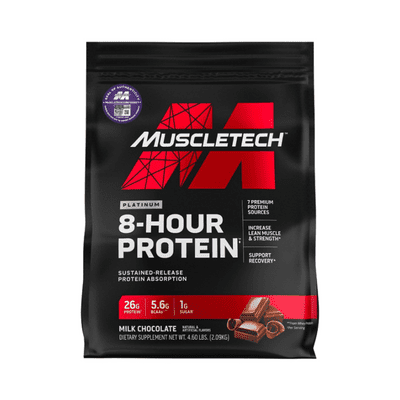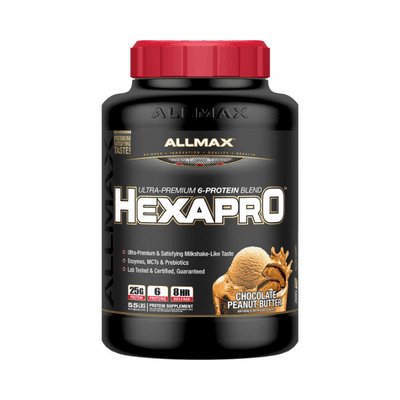Introducing Whey Protein
Today’s market offers a huge variety of protein powders, including pea protein, hemp protein, casein protein, protein powders with creatine, egg protein, and brown rice protein. But while the opportunities are numerous, one category truly stands out: whey protein!
Whey protein is a readily available and easy-to-digest solution that grants you a quick source of protein on the go, can help you build muscle, boost your performance, and results from the hard work in the gym. It also supports muscle recovery, promotes fat loss, boosts bone health, and helps you build immunity. It contains many nutrients, some with potent biological effects, making it so much more than a protein.
Whey protein can assist all fitness lovers, starting from runners to cyclists, athletes, gym-goers, and professional bodybuilders. Discover the best whey protein powders for your fitness journey and goals, and learn about the proper dosage, benefits, and side effects of whey.
What Is Whey Protein?
Cow’s milk consists of two major proteins:
- 80% casein protein, the curdled component
- 20% whey, the liquid part
Manufacturers separate the liquid part of milk as a byproduct during cheese production. All ‘fatty parts’ of milk go into the cheese. Once the liquid part undergoes complex processes, such as ultra-microfiltration and spray drying, we recognize it as whey protein – a high-quality, concentrated protein source that contains all nine essential amino acids in proportions the human body requires.
The nine essential amino acids are histidine, isoleucine, leucine, lysine, methionine, phenylalanine, threonine, tryptophan, and valine. Note
Since whey doesn’t taste the best on its own, producers add flavors, with vanilla, chocolate, and strawberry, being the most popular alternatives. Most usually, you can buy whey in powder form, allowing you to blend it with water or other fluid to make a shake or even add it to your food and baked goods. You can also consume whey through protein bars or use it as a meal replacement.
The food production industry also uses whey to replace a cream to deliver high-protein, low-fat products.
Types of Whey Protein Powders
Manufacturers use three main types of whey for protein powder supplements: concentrate, isolate, and hydrolysate.
Whey Protein Concentrate (WPC)
WPC is the least processed form of whey, a concentrated protein that keeps the highest levels of lactose (milk sugar), fat, carbohydrates, and nutrients compared to other types of whey. However, it has the lowest protein content of the three, typically around 70–80% protein.
Whey protein concentrate is the best overall option because it’s the cheapest and contains the most beneficial nutrients found naturally in whey. It also has the best flavor due to lactose and fat, making it the perfect fit for everyday consumption.
Whey Protein Isolate (WPI)
WPI is similar to WPC. The difference is producers remove carbohydrates, fat, and fat-soluble vitamins during the production of the isolate. In turn, it contains the most protein, usually over 90%, and less lactose and carbs. Due to this, you can digest WPI more easily. Trainers and dieticians highly recommend it. However, it’s often more expensive and can lack some of the beneficial nutrients in the concentrated form.
Whey protein isolate is the best option for lactose-intolerant individuals since it usually contains no carbohydrates or lactose. It’s also a better option if you are trying to emphasize protein intake while keeping carbs and fat low.
Whey Protein Hydrolysate (WPH)
Hydrolyzed whey results from enzymatic hydrolysis of whey isolate, which breaks down little building blocks of whey protein into individual amino acids for easier absorption. WPH provides 90% almost rapidly-digesting pure whey, meaning the body doesn’t have to work much to digest it. At the same time, it causes a 28–43% increase in blood sugar levels. However, it can sometimes taste bitter due to the processing methods.
People primarily choose hydrolysate because it accelerates digestion and absorbs amino acids consumed from the protein within the body faster than standard and complete proteins.
Benefits of Whey Protein
You can easily add whey protein to your daily diet. It’s a fast-release protein, meaning you can rapidly digest it and supply your body with all the necessary amino acids and other nutrients.
But why would you do so? Let’s help you understand what advantages you can get.
Promotes Muscle Building and Recovery
People worldwide primarily choose whey because it helps increase muscle mass and strength. How? Whey grants you protein and amino acids, which serve as building blocks for muscle growth. As mentioned, it is a complete protein source with nine amino acids, including leucine amino acid, present in abundance. Leucine stimulates muscle protein synthesis at the molecular and genetic levels.
In addition, whey stimulates the release of anabolic hormones, such as insulin, which has the same effect – better muscle growth. As a bonus, you’ll absorb whey much more easily than other types of protein.
You should consume whey protein right before, during, or after a workout, for the best possible results, which is proven the most effective in practice. More importantly, you should keep track of your daily whey intake as the most relevant factor for muscle growth. Pro Tip
Whey protein can also help your body recover from an intense workout session. It contains amino acids such as BCAA and glutamine, making it the perfect fit for a post-workout shake.
Facilitates Weight Loss
Whey protein makes sense for anyone looking to lose fat or maintain a healthy weight.
Since protein takes longer to metabolize than fats and carbohydrates, it can regulate appetite hormones, boost metabolism, keep you full longer and minimize food cravings. Studies show that it can cut your late-night snacking by half!
If you are trying to lose weight, consuming whey can help keep the muscle you already have. When you combine protein with regular exercise, you can also improve your overall body composition.
Whey protein can help you lose weight and increase lean muscle mass simultaneously. Note
Improves Your Overall Health
If you train regularly, you must have a strong bone structure. Poor bone health can cause injury and stress fractures in the gym or home. Apart from muscles, whey protein also affects your bones. It activates osteoblasts, thus stimulating bone cell growth.
Whey also contains significant amino acids and other healthy nutrients. It’s high in amino acid cysteine, which raises glutathione levels, your body’s cells’ main antioxidant substance. It can help you recover and fight oxidative stress and inflammation after an exhausting workout.
Furthermore, it also contains components needed to form antibodies to fight body diseases and infections and stimulate immune cell growth. Simply put, it helps you build immunity.
Studies show that whey can lower your blood pressure and blood sugar and reduce symptoms of stress and depression. It can also protect against cancer, reduces hepatitis symptoms, improves immune function in HIV patients, and is beneficial for swift recovery post-surgery. Important
What Should You Look for in the Best Whey Protein Powder?
While whey proteins have similar ingredients, different brands have different formulas regarding nutritional profiles, additives, and flavor. So, some whey protein powders are better in quality than others. But how can you determine the best option?
We have tested all recommended whey proteins against the following criteria. If you want to decide for yourself, here are the main considerations to help you choose the best whey protein powder. Important
Type of Protein
It’s always best to start with your fitness goals and daily protein requirement.
Whey protein concentrate might be the best alternative if you aim to gain weight. It’s the best option as it promotes overall wellness and prevents nutritional deficiency.
Since whey concentrate contains lactose, it might trigger lactose-intolerant persons. Warning
Isolate and hydrolyzed whey make more sense if you aim toward a well-shredded physique with intense workouts and a strict diet because they contain fewer calories. They are also a great fit for those with lactose intolerance.
Ingredients
You must always check the ingredients list on the back of the protein powder bag or jug to help you avoid any additives or allergens that negatively affect your body. For instance, the whey protein might have been produced in a facility with nuts or contains soy. You can find a warning on the label regarding these facts.
Also, check the amount of protein per serving on the protein label. Most powders contain 25 grams per serving. At the same time, check the calories, fats, carbs, fiber, vitamins, and minerals. If you better understand nutrients, you can also review the amino acid profiles.
It would be best to get the maximum benefit (grams per serving) and eliminate unnecessary add-ins. Pro Tip
Reputable Manufacturer
Next, ensure the manufacturer hasn’t added unhealthy additives like refined sugar. Unfortunately, whey protein powders might contain banned substances, such as stimulants or anabolic agents, or undisclosed ingredients, such as caffeine.
Due to this, you must always get a whey protein powder from an authorized seller with a third-party certification from a legit testing service; it will also help you avoid ineffective supplements and false promises.
Value
When choosing the best whey protein, you should consider the price per gram of serving. For example, if you want to compare two different brands, you should compare their powder price per the number of grams you’ll consume on a single serving (say 30 grams of protein per serving).
Also, please ensure the whey protein powder is within your budget to consume it long-term. Don’t overspend; you want sustainable intake, not a short-term solution.
Ease of Mixture
Regardless of how much you shake your protein powder, it could still be poorly mixed, chalky, and downright unappealing; this is what you want to avoid!
It would be best to check whether the powder mixes well. Does it require a blender to smooth out well, or is that simply impossible?
Taste
This is when you’ve finished with the ‘technicalities,’ and you can choose what you like best. Try several flavor samples to find a flavor that fits your taste preference. You should always pick a protein supplement you’ll enjoy, whether it’s vanilla, chocolate, or fruit flavors, to name a few. Why? So that you’ll want to return to it time and again!
Conclusion
Whey protein powders are quickly taking on the market. More and more people switch to such protein powder solutions. However, what works for others, might not work for you. That’s why you must always check the offer against your fitness needs and goals.
Always remember to match the type of protein with your requirements. Carefully inspect the manufacturer, ingredients list, and anything that might be hidden. Also, choose a tasty, easy-to-mix protein with excellent value for money.
You want a long-term solution for your fitness needs. Well, that’s until your needs change. And once they do, you might want to switch your whey protein powder brand. That’s a positive indicator, so good luck till then!


